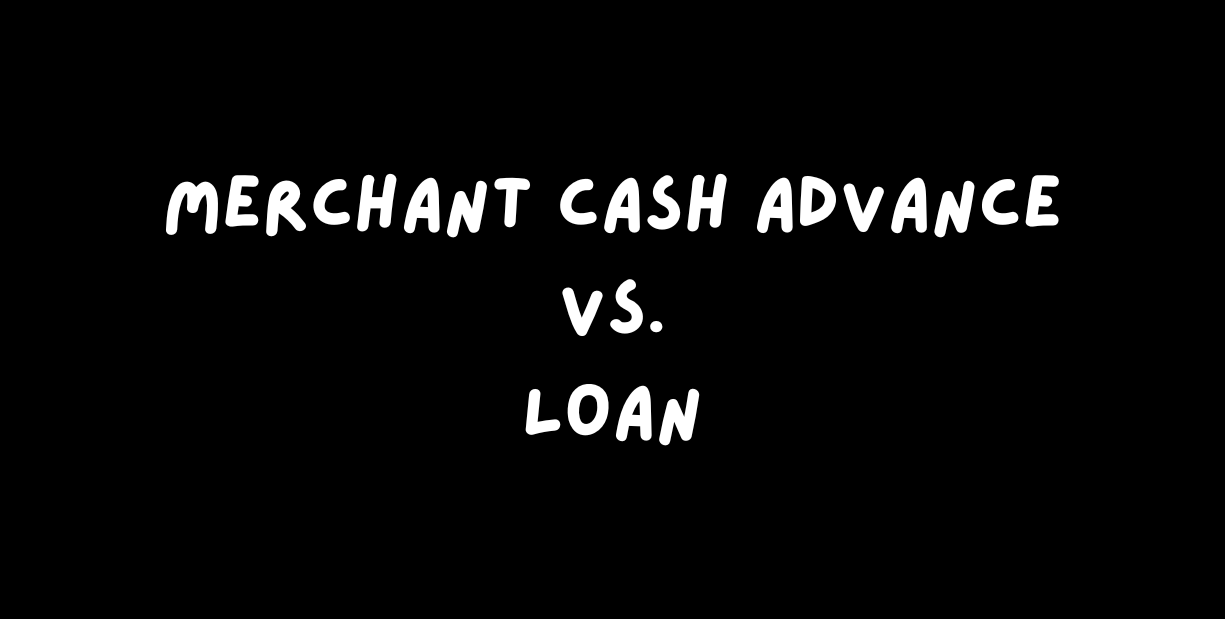What is Chapter 11 Bankruptcy? Explained Process and Benefits for Businesses
What is Chapter 11 Bankruptcy?

Here are the critical aspects of Chapter 11 bankruptcy:
- Reorganization Plan : The debtor (the entity filing for bankruptcy) proposes a plan to keep its business alive while paying creditors over time. The plan must be approved by the creditors and confirmed by the court. It can include downsizing operations to reduce expenses, renegotiating debts, and liquidating certain assets to pay off creditors.
- Automatic Stay : One of the immediate Benefits of filing for Chapter 11 is the Automatic Stay. This legal provision temporarily halts all collection actions, foreclosures, and repossessions against the debtor. It's a breathing space that allows the business to focus on preparing its reorganization plan.
- Debtor in Possession : The debtor typically continues to operate its business and retain control of its assets during bankruptcy, acting as a "debtor in possession." However, the court can appoint a trustee to take over operations if it finds evidence of incompetence or dishonesty.
- Creditors' Committees : A committee of creditors can be formed to represent the interests of all creditors in negotiating the reorganization plan and overseeing the debtor's operations during the bankruptcy process.
- Plan Confirmation : The reorganization plan must meet specific requirements and be voted on by creditors. Suppose most creditors accept the plan and meet all legal standards. In that case, the court can confirm the plan, allowing the business to continue its operations under the new terms.
- Discharge of Debts : Once the plan is successfully completed, specific debts may be discharged or restructured according to the plan's terms.
Chapter 11 aims to allow a struggling business to restructure its finances systematically while protecting the interests of creditors and other stakeholders. It's a complex process that typically involves negotiations between various parties and can be costly and lengthy.
How Does Chapter 11 Bankruptcy Work?
Chapter 11 bankruptcy, primarily utilized by businesses (though available to individuals with extensive debts), is a structured process designed to help entities reorganize and manage their debt while continuing operations. Here's a detailed look at how Chapter 11 bankruptcy works:
- Filing for Bankruptcy
- Initiation : The process begins when the debtor files a petition with the bankruptcy court. This petition can be voluntary (filed by the debtor) or involuntary (filed by creditors).
- Required Documents : Alongside the petition, the debtor must provide financial documents, including lists of assets and liabilities, a schedule of current income and expenditures, contracts, leases, and a statement of financial affairs.
- Automatic Stay
- Once the petition is filed, an automatic stay is imposed, which halts all collection efforts, lawsuits, and foreclosures against the debtor. This stay allows the business to maintain operations without creditor interference during the reorganization.
- Operating as Debtor in Possession
- In most Chapter 11 cases, the debtor continues to operate its own business and control its assets as a "debtor in possession" (DIP). This control is subject to oversight by the court and certain limitations imposed by the bankruptcy code.
- Appointment of Creditors' Committees
- A committee of unsecured creditors may be formed to represent the interests of this creditor class in the bankruptcy process. This committee can consult with the debtor on administration, investigate the debtor's conduct and operation of the business, and participate in formulating a reorganization plan.
- Development and Filing of a Reorganization Plan
- The debtor usually has an exclusive period of 120 days to propose a reorganization plan. This plan outlines how the debtor intends to restructure its debts and go forward. The plan might propose modifying payment terms, selling certain assets, merging with another business, or even liquidating parts of the business.
- Plan Confirmation
- Disclosure Statement : The court must approve a disclosure statement before voting on the plan. This document provides detailed information about the debtor's affairs to allow creditors to make informed judgments about the plan.
- Approval Process : Creditors and stakeholders vote on the plan. For the plan to be confirmed, it must be accepted by at least one class of impaired creditors (those whose contractual rights are modified or who will receive less than full payment).
- Court Confirmation : After creditors approve the plan, the court must also confirm it. The court will check if the plan complies with bankruptcy law requirements, such as feasibility, the best interests of creditors, and fairness.
- Implementation of the Plan
- Upon confirmation, the debtor begins to carry out the reorganization plan, which may involve restructuring debts, modifying payment terms, and continuing or ceasing business operations as dictated by the plan.
- Exit from Bankruptcy
- The plan's completion typically results in a discharge of the remaining dischargeable debts. The business emerges from bankruptcy, reorganized, and typically on a more stable financial footing.
Chapter 11 is particularly complex and can vary widely in how it is applied, depending on the debtor's size, the nature of the debts, and the specific circumstances of the bankruptcy.
How Does Chapter 11 Bankruptcy Differ From Chapters 7 and 13 Bankruptcies?
Chapter 11 bankruptcy is distinct from Chapters 7 and 13, other common forms of bankruptcy in the U.S., primarily in terms of purpose, process, and the entities they are designed for. Here's a breakdown of how these types of bankruptcies differ:
Chapter 7 Bankruptcy: Liquidation
- Purpose : Chapter 7 is designed to liquidate the debtor's assets to pay off creditors. Due to overwhelming debts, individuals and businesses typically use it with no viable path to continue operations.
- Eligibility : Both individuals and businesses can file for Chapter 7, but individuals must pass a means test to qualify, showing that their income is insufficient to pay off their debts.
- Process : The court appoints a trustee who liquidates the debtor's non-exempt assets to pay creditors. The process is relatively quick, often completed within 3 to 6 months.
- Outcome : Individuals are granted a discharge of debts, essentially wiping out most of their debts and allowing them to start fresh. Businesses generally cease operations as their assets are fully liquidated.
Chapter 13 Bankruptcy: Individual Debt Adjustment
- Purpose : Chapter 13 allows individuals with regular income to reorganize their debts and plan to repay all or part of them over three to five years.
- Eligibility : Only individuals (including sole proprietors) can file for Chapter 13, and they must have a regular income and debts below certain limits (unsecured debts less than $419,275 and secured debts less than $1,257,850 as of 2021).
- Process : Debtors propose a repayment plan to make installments to creditors over three to five years, depending on their income level. Unlike Chapter 7, debtors retain their assets.
- Outcome : After completing the payment plan, individuals generally receive a discharge of most remaining debts. The plan allows debtors to avoid foreclosure on their homes and catch up on missed mortgage payments.
Chapter 11 Bankruptcy: Reorganization (Typically for Businesses)
- Purpose : Primarily used by businesses (though available to individuals too) to restructure and continue operation while repaying creditors under a court-approved reorganization plan.
- Eligibility : There are no specific debt limits or income requirements, making it suitable for large businesses or individuals with substantial debts that exceed Chapter 13 limits.
- Process : The debtor operates as a debtor in possession, maintaining control of the business and assets while negotiating a plan with creditors to reorganize debts. This process is typically much longer and more complex than Chapters 7 or 13.
- Outcome : Successful reorganization results in a modified corporate structure and debt schedule, allowing the business to emerge more financially stable. The reorganization plan can also involve downsizing or selling off parts of the business.
In summary, while Chapter 7 focuses on liquidation and Chapter 13 focuses on individual repayment plans, Chapter 11 serves as a complex reorganization tool primarily for businesses, allowing them to continue operations while restructuring their financial obligations.
What Are the Pros and Cons of Filing a Chapter 11 Bankruptcy?
Filing for Chapter 11 bankruptcy can offer crucial advantages for businesses struggling with debt but has significant drawbacks. Understanding these pros and cons can help businesses determine whether Chapter 11 is the right path for financial recovery and restructuring. Here's a detailed look at both:
Pros of Chapter 11 Bankruptcy
- Continued Operations : One of the most significant advantages is that the business can continue to operate while restructuring. This allows companies to generate revenue and maintain customer relationships during the process.
- Autonomy : As a debtor in possession, the company retains control over its operations and assets during the bankruptcy process rather than handing them over to a trustee (as in Chapter 7).
- Ability to Reorganize Debts : Chapter 11 provides a mechanism to restructure debts, potentially reducing the debt burden and extending repayment times. This can make financial obligations more manageable.
- Contract and Lease Renegotiations : The process allows for the renegotiation of leases and contracts, which can lower costs or exit unprofitable or burdensome contracts.
- Automatic Stay : The automatic stay provision stops all collection actions, lawsuits, and foreclosures immediately upon filing, relieving creditor harassment and allowing time to reorganize.
- Creditor Influence : Creditors can be involved in the reorganization plan and may negotiate terms, which can lead to a more favorable outcome for all parties involved.
- Potential to Increase Value : Successfully reorganizing and continuing operations can enhance the business's value and long-term viability, benefiting owners and employees.
Cons of Chapter 11 Bankruptcy
- Cost and Complexity : Chapter 11 is notoriously complex and expensive. Legal and administrative fees can be substantial, often running into hundreds or even millions of dollars, which may be prohibitive for smaller businesses.
- Public Perception : Filing for bankruptcy can negatively impact a company's reputation with customers, suppliers, and investors. This stigma can affect business relationships and market position.
- Lengthy Process : The process can be lengthy, often taking several years to complete. This prolonged period can create uncertainty and distract from daily business operations.
- Disclosure Requirements : Debtors must comply with extensive reporting requirements, including detailed financial disclosures and operational reports, which can be burdensome.
- Risk of Losing Control : If the court believes the reorganization plan is not feasible or if the debtor in possession does not manage operations effectively, a trustee can be appointed, taking control away from the owners.
- Plan Confirmation Challenges : The reorganization plan must be approved by both the creditors and the court. Convincing all parties and meeting legal requirements can take time and effort.
- Uncertain Outcome : The reorganization is not guaranteed to be successful. Sometimes, businesses may not recover sufficiently, leading to liquidation later.
Given these factors, businesses considering Chapter 11 should consider these pros and cons carefully. It is typically advisable to consult with financial and legal experts to thoroughly evaluate all possible options and outcomes before proceeding with a Chapter 11 filing.











